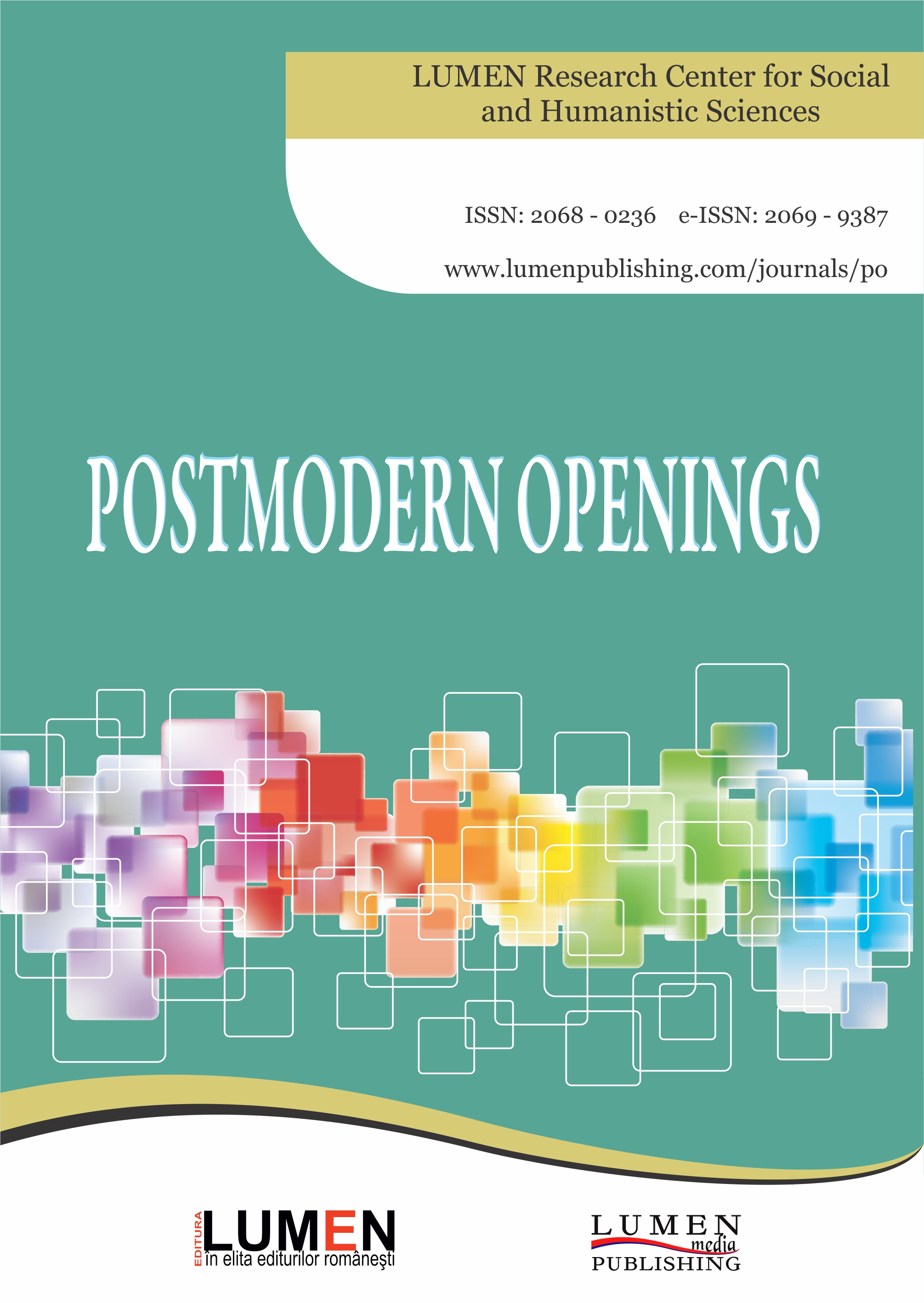A Contextualization of the Classic Moral Sentimentalism
A Contextualization of the Classic Moral Sentimentalism
Author(s): Rariţa MihailSubject(s): Philosophy
Published by: Editura Lumen, Asociatia Lumen
Keywords: Sentimentalism; Rationalism;emotions;motivation;morality;
Summary/Abstract: Moral sentimentalism can be defined as the philosophical theory according to which emotions are the source of our value judgements, in general, and of our moral judgements, in particular. It follows that, from a historical and conceptual point of view, moral sentimentalism has emerged and developed in opposition to moral rationalism, according to which reason allows us to formulate and understand value judgments from a psychological point of view and is also the source of our axiological knowledge from an epistemic point of view. In this article we present the theoretical issues related to the sentimentalist approach to morality and evaluative judgments, starting from the diverse theories of the classical representatives of sentimentalism, Shaftesbury, Hutcheson, Hume and Smith, and especially the three theses they defended: psychological perspective, the theory of moral sense and the theory of moral feelings. I also argue that the first moral sentimentalism emerged from the confrontation of three distinct aporia: the first aporia refers to the conceptualization of emotions and emotional states; the second deals with the possibility of axiological knowledge; and the third refers to the nature and existence of values. Finally, we are interested in the birth of sentimentalism in order to highlight a series of difficulties inherent in this theoretical approach and which we find today in contemporary moral sentimentalism. The aim is to highlight the conceptual and argumentative tensions that were at the heart of sentimentalism at its emergence.
Journal: Postmodern Openings
- Issue Year: 12/2021
- Issue No: 1Sup1
- Page Range: 238-256
- Page Count: 19
- Language: English

